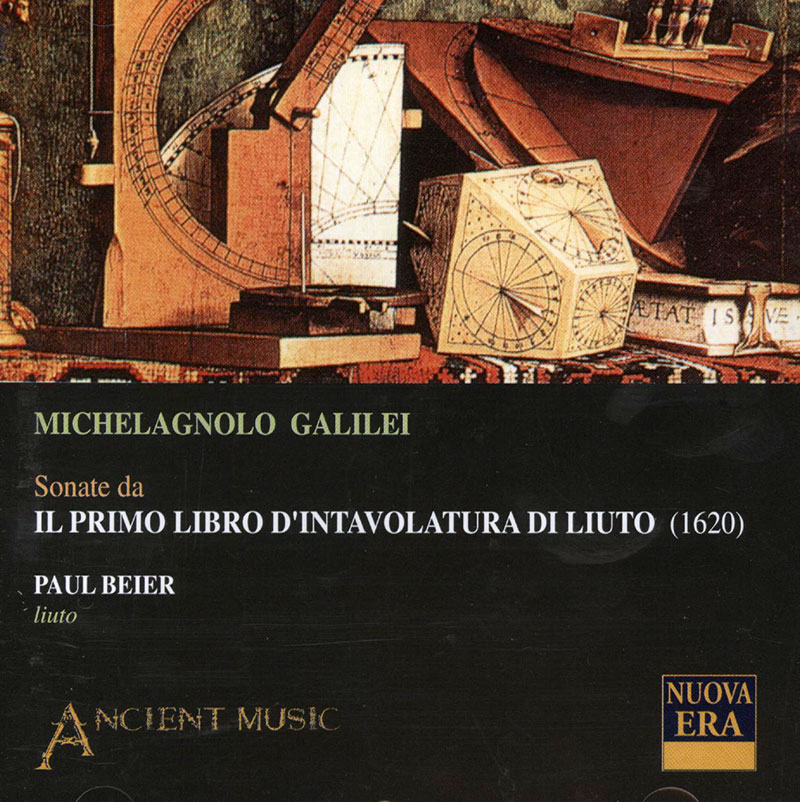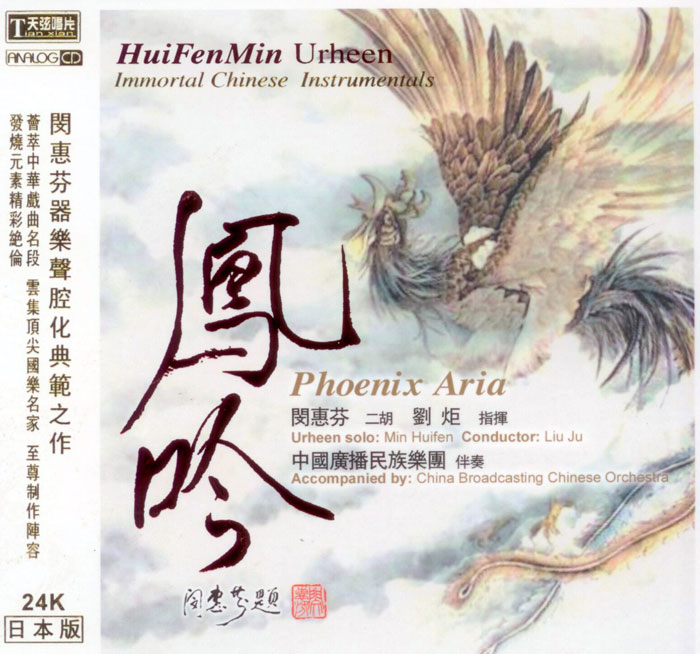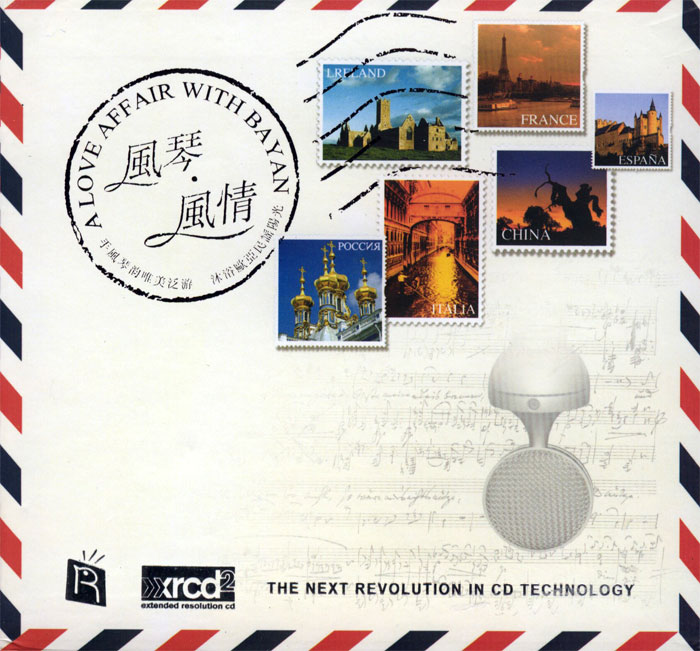Logowanie
Dlaczego wszystkjie inne nie brzmią tak jak te?
SpeakersCorner - OSTATNIE!!!!
RAVEL, DEBUSSY, Paul Paray, Detroit Symphony Orchestra
Prelude a l'Apres-midi d'un faune / Petite Suite / Valses nobles et sentimentales / Le Tombeau de Couperin
Samozapłon gwarantowany - Himalaje sztuki audiofilskiej
PROKOFIEV, Stanislaw Skrowaczewski, Minneapolis Symphony Orchestra
Romeo and Juliet
Stanisław Skrowaczewski,
✟ 22-02-2017
BARTOK, Antal Dorati, Philharmonia Hungarica
Dance Suite / Two Portraits / Two Excerpts From 'Mikrokosmos'
Samozapłon gwarantowany - Himalaje sztuki audiofilskiej
ENESCU, LISZT, Antal Dorati, The London Symphony Orchestra
Two Roumanian Rhapsodies / Hungarian Rhapsody Nos. 2 & 3
Samozapłon gwarantowany - Himalaje sztuki audiofilskiej
Winylowy niezbędnik
ClearAudio
Cartridge Alignment Gauge - uniwersalny przyrząd do ustawiania geometrii wkładki i ramienia
Jedyny na rynku, tak wszechstronny i właściwy do każdego typu gramofonu!
ClearAudio
Harmo-nicer - nie tylko mata gramofonowa
Najlepsze rozwiązania leżą tuż obok
IDEALNA MATA ANTYPOŚLIZGOWA I ANTYWIBRACYJNA.
Wzorcowe
Carmen Gomes
Celebrating the art and spirit of music - vol. 5 - Reference Songs
- CHCECIE TO WIERZCIE, CHCECIE - NIE WIERZCIE, ALE TO NIE JEST ZŁUDZENIE!!!
Petra Rosa, Eddie C.
Celebrating the art and spirit of music - vol. 3 - Pure
warm sophisticated voice...
SAMPLER - STS DIGITAL, Gregor Hamilton
Celebrating the art and spirit of music - vol. 2 - Love songs from Gregor Hamilton
...jak opanować serca bicie?...
SAMPLER - STS DIGITAL
Celebrating the art and spirit of music - vol. 1 - Leonardo Amuedo
Największy romans sopranu z głębokim basem... wiosennym
Lils Mackintosh
Celebrating the art and spirit of music - vol. 4 - A Tribute to Billie Holiday
Uczennica godna swej Mistrzyni
GALILEI, Paul Beier
Sonata da Il Primo Libro d'Intavolatura di Liuto

- Paul Beier - lute
- GALILEI
AllMusic Review by James Manheim [-] Michelangelo Galilei, brother of Galileo and son of Vincenzo, was a lutenist and composer, and he was as revolutionary in his chosen field as his more famous brother. The six sonatas and one passamezzo-saltarello pair included on this album contain passages of bizarre dissonance whose impact in their own time, noted lutenist and annotator Paul Beier, is difficult for modern listeners to appreciate. These sonatas have the relaxed, reflective, fantasy-like structure common in instrumental music of the early seventeenth century, but after a variety of expressive figures have been explored, along comes a really pungent harmonic clash. Beier describes Galilei's struggles with publishers who concluded that he must have made notation mistakes, and he manages to set up the dissonances in such a way that they retain something of their impact: his playing is deliberate and discursive, treating the exploration of the various lute figures as almost scientific in its exploration of all the possibilities. He does not linger over the dissonances, for they are not like those of Gesualdo madrigals; they are merely aspects of musical language to be illustrated and incorporated into rhetorical statements. A negative in this 1990 recording is harsh, hissy sound, but the disc is interesting on its own terms and potentially useful for any dramatization or attempt to understand Galileo Galilei in his milieu.

























